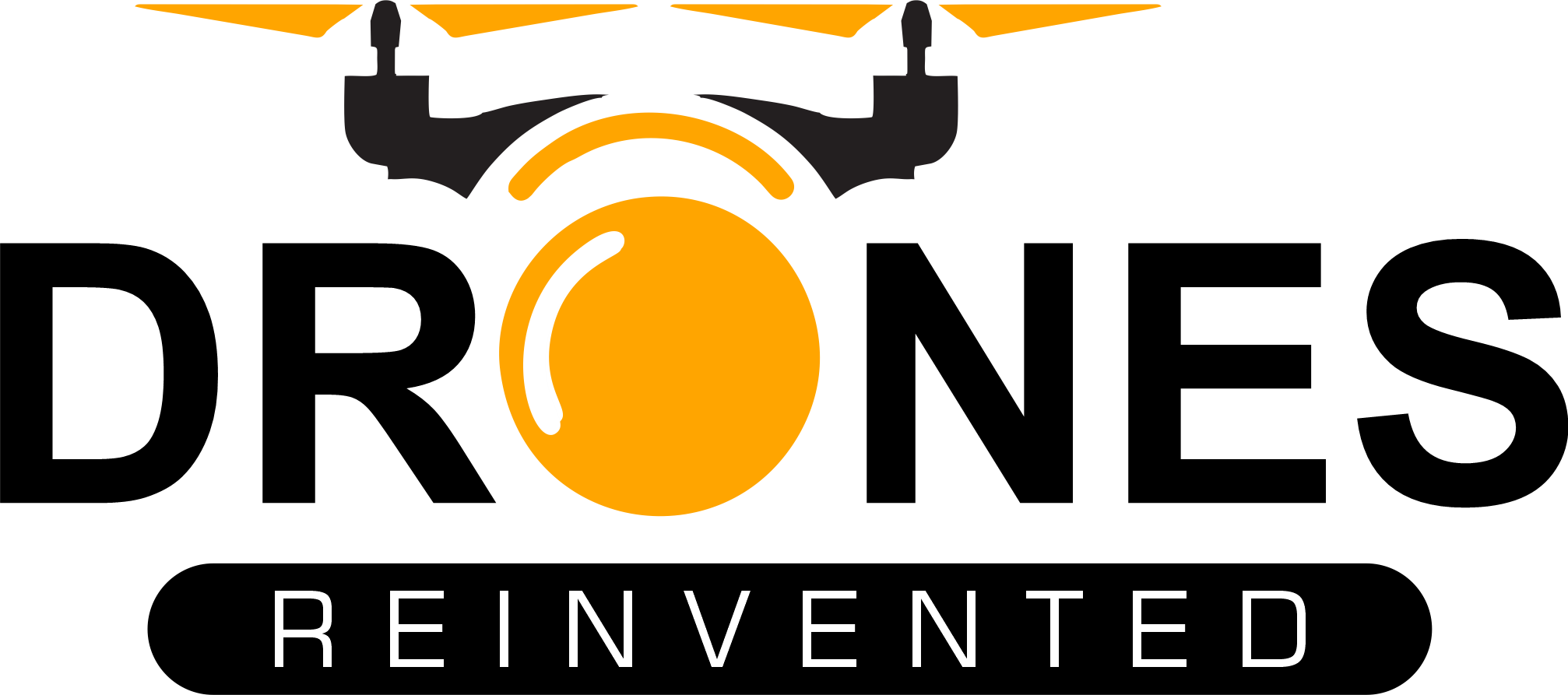New 25,000 sq. ft. Facility on Fort Moore Base to Enhance Hands-on Experience and Research Capabilities for CSU Student
Georgia-based Columbia State University recently announced a new agreement with the US Army’s Fort Moore base, (also in Columbus) that will allow CSU to expand its Robotics Engineering program’s academic and research capabilities into a 25,000 sq. foot facility located on the base. This will allow CSU students to test and fly ground and air-based robotic and autonomous systems in a GPS-denied environment, as well as granting access to a 16-camera motion-picture and 3D tracking system worth $75000.
“Fort Moore has been a steadfast partner with our Robotics Engineering program at Columbus State since its inception in 2019,” explained Dr. Mahmut Reyhanoglu, the program director and a professor of robotics engineering. “This extension of that partnership will provide us the room to finally test the equipment we have already acquired and give us the space to provide real hands-on experiences to our students and researchers.”
Partnering with Fort Moore’s Maneuver Battle Lab was a natural partnership, facilitating the lab’s goal- to use robotics technology to keep America’s soldiers safer while equipping them to be more efficient in their jobs.
“The Maneuver Battle Lab is extremely happy to team with Columbus State’s Robotics Engineering program,” said Chris Willis, director of Fort Moore’s Maneuver Battle Lab. “This partnership allows us to expose CSU students to the Army’s robotics needs, and it also allows us to potentially serve military dependents, veterans, and our local community at large.”
Based in the College of Letters & Sciences’ Department of Earth & Space Sciences, Columbus State’s program hosts Georgia’s only bachelor’s and master’s degree programs in robotics engineering. It’s a fast-growing discipline at Columbia State, with the undergraduate program growing tenfold since its inception in 2019. Reyhanoglu expects the program to grow to over 100 students, along with 30 masters candidates, within the next five years.
More information about the program is available here.
Read more:
Miriam McNabb is the Editor-in-Chief of DRONELIFE and CEO of JobForDrones, a professional drone services marketplace, and a fascinated observer of the emerging drone industry and the regulatory environment for drones. Miriam has penned over 3,000 articles focused on the commercial drone space and is an international speaker and recognized figure in the industry. Miriam has a degree from the University of Chicago and over 20 years of experience in high tech sales and marketing for new technologies.For drone industry consulting or writing, Email Miriam.
TWITTER:@spaldingbarker
Subscribe to DroneLife here.

0 Comments